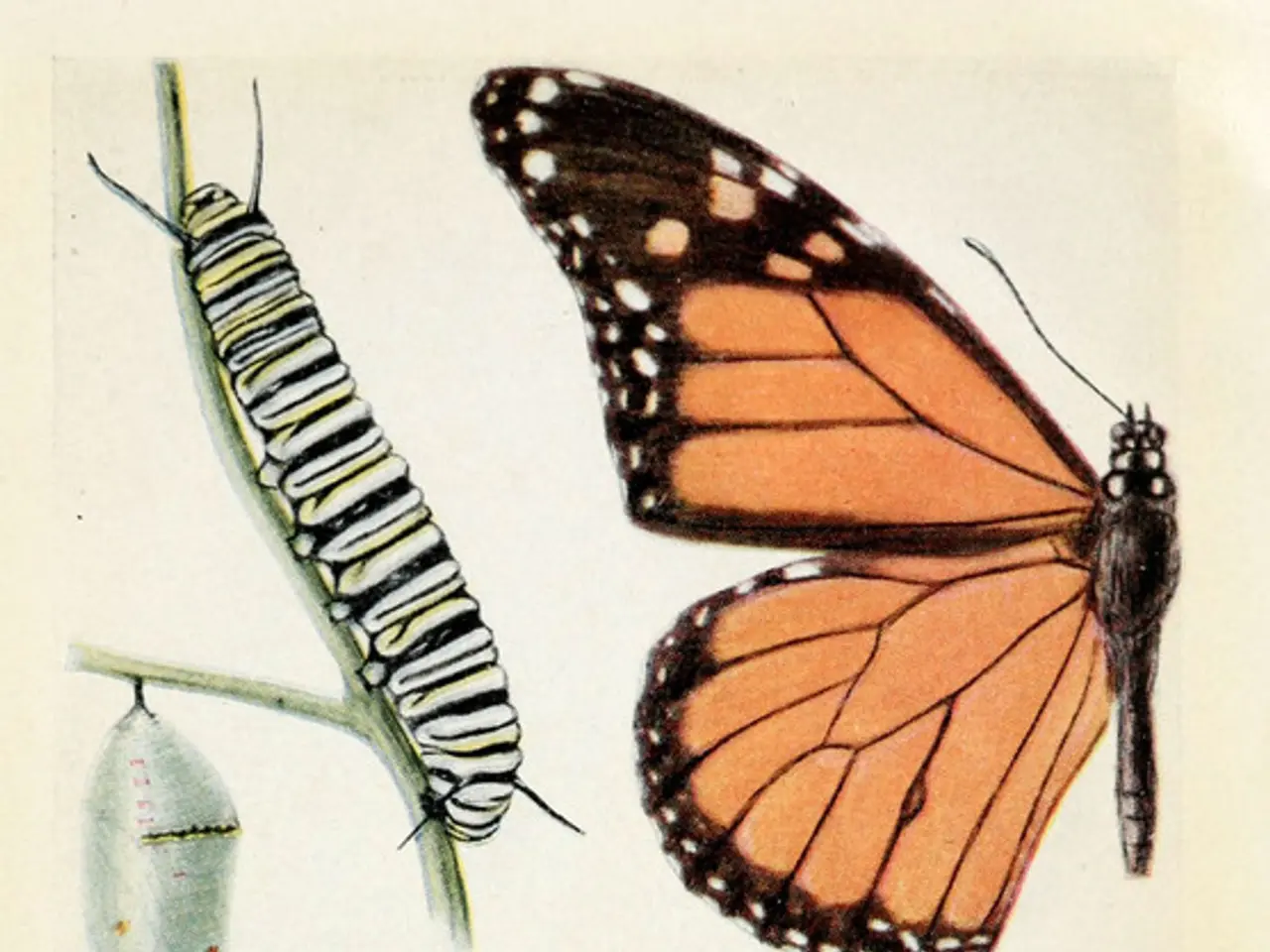Synthetic Life Created: A New Frontier with Immense Potential and Responsibilities
Scientists have reached a milestone: creating life from scratch is no longer a fantasy. This raises both exciting prospects and serious responsibilities. While international bioethics conventions and national laws like Germany's Embryo Protection Act offer guidance, comprehensive global rules for synthetic life forms are still limited.
In 2010, the J. Craig Venter Institute made history by constructing a synthetic bacterial cell. This marked a turning point, proving that creating life from scratch is possible. Synthetic biology, a rapidly growing field that combines biology and engineering, enables scientists to design and build new biological systems.
Nature serves as a blueprint for synthetic biologists. By emulating biological processes and structures, they create innovative solutions. Techniques like synthesizing DNA sequences and inserting them into cells allow for precise programming of desired outcomes. These advancements hold promise for addressing environmental pollution, revolutionizing medicine, and improving agriculture.
However, creating synthetic life also presents daunting challenges. Biosecurity is a primary concern, including the risk of developing harmful pathogens. This underscores the need for responsible innovation and robust governance. Public engagement is crucial in building trust and shaping the future of this field.
The potential of synthetic life forms is immense, but so are the responsibilities. As we navigate this new frontier, it's essential to learn from nature, engage the public, and develop comprehensive international rules to ensure the safe and ethical advancement of synthetic biology.






